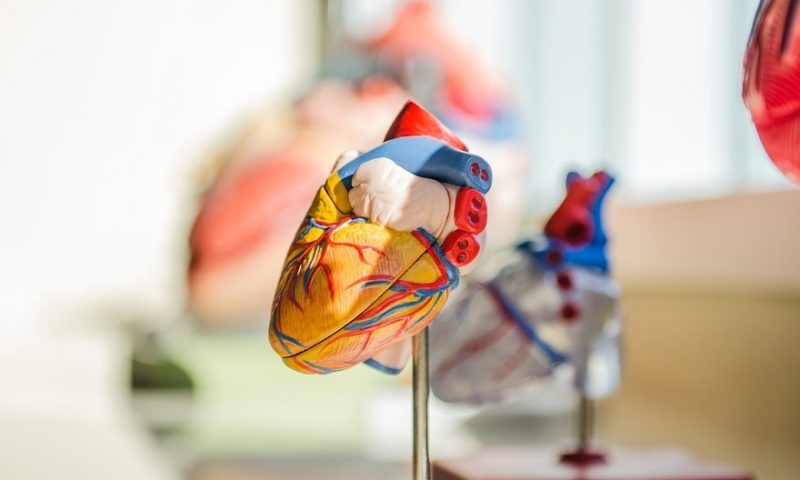Pfizer has reported top-line results on its $250 million antisense bet. The phase 2b clinical trial of the cardiovascular disease drug met its primary endpoint but, with Pfizer still considering next steps and yet to share data, it is unclear whether the asset can muscle in on a market targeted by Regeneron.
Regeneron has made the early running in the ANGPTL3 race, winning FDA approval for an antibody against the protein earlier this year. Pfizer entered the race in 2019, paying Ionis Pharmaceuticals $250 million for worldwide rights to an antisense therapy against the target. The interest of Pfizer and Regeneron in ANGPTL3 is underpinned by studies showing loss-of-function variants in the gene are associated with decreased levels of plasma triglycerides and LDL and HDL cholesterol.
Pfizer put its antisense candidate, vupanorsen, to the test in a phase 2b clinical trial that enrolled 286 patients with dyslipidemia, as defined by elevated levels of non-HDL cholesterol and triglycerides. The study randomized participants to one of seven vupanorsen arms, which tested different doses given either every two or four weeks, or a placebo cohort.
The top-line data release leaves a lot of questions unanswered. We now know that all tested doses drove statistically significant reductions in non-HDL cholesterol at 24 weeks, causing the trial to hit its primary endpoint. But crucial details of the magnitude of the reductions, and the primary endpoint p-value, remain under wraps. A full data disclosure is planned for a medical meeting next year. Those details will show whether vupanorsen can rack up the blockbuster annual sales forecast by Pfizer.
Beyond the primary endpoint success, Pfizer and Ionis reported statistically significant reductions in triglycerides and ANGPTL3 at all dose levels at 24 weeks, compared to placebo, and a snapshot of the safety and tolerability findings.
Injection site reactions, typically in the highest-dose group, were the most common adverse events. The researchers saw increases in liver enzymes, primarily at the higher doses, and rises in hepatic fat fraction at “certain doses.” There were no serious adverse events deemed related to treatment and no “meaningful” changes in bilirubin. Again, the researchers shared no adverse event numbers.
The next steps are similarly uncertain. Pfizer is “continuing to review the findings to determine next steps regarding future development.” Publicly, it remains unclear what, if any, further development will happen and over what time frame.

